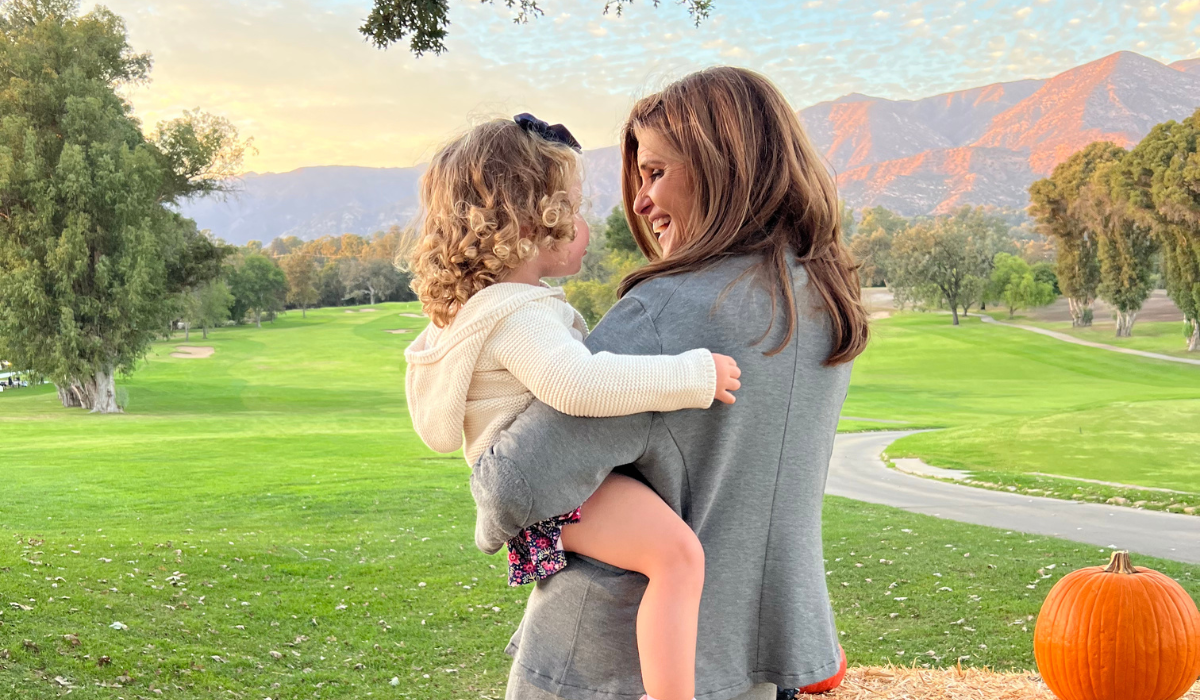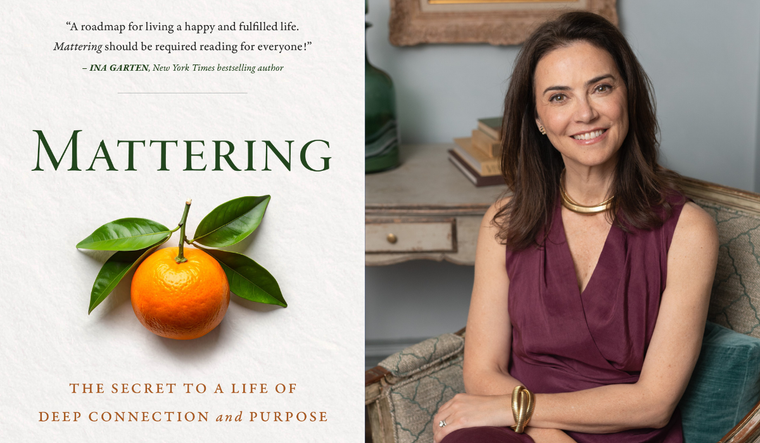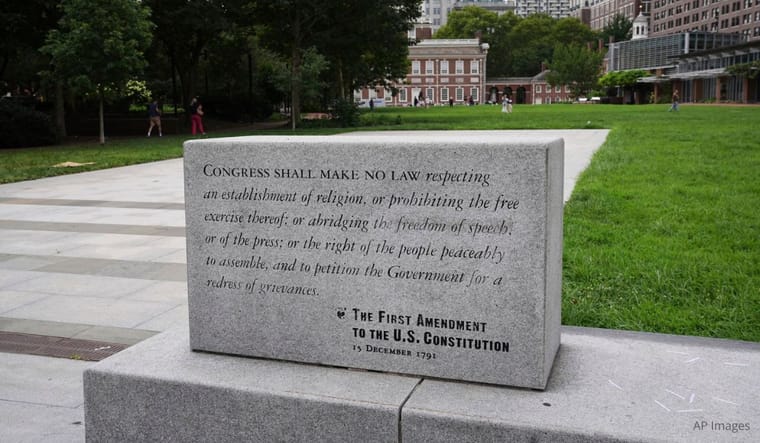Are You Listening?
Last Thursday evening, I sat and quietly listened to an interview with a woman who lost her loved ones two years ago on the day of the October 7, 2023, Hamas attack against Israel. I listened to her pain, her sorrow, and her strength as she shared how hard it’s been to do almost anything since that day. At the end of her conversation, this woman said softly, “We need to believe in humanity again. We need to make sure no more children die because of adults’ mistakes."
After the interview ended, I sat for a long time thinking about what this woman said. I thought about all the pain and loss that has unfolded in the Middle East over the past two years. I know this conflict stretches back decades, but on this particular night, I listened to stories of people who have endured unimaginable suffering in just the last twenty-four months.
Please note that we may receive affiliate commissions from the sales of linked products.



